Even if you're more of a city person who doesn't venture out much, these tips could still be a game-changer in tricky situations. We're talking about everything from making a compass out of random stuff to knowing how to do CPR. Seriously, these are the kind of hacks that could really come in handy down the line. Below, you'll find detailed descriptions of various survival scenarios. Take a good look, because you never know when these tips might just save your life one day.
If You Think You're Being Followed, Turn Right
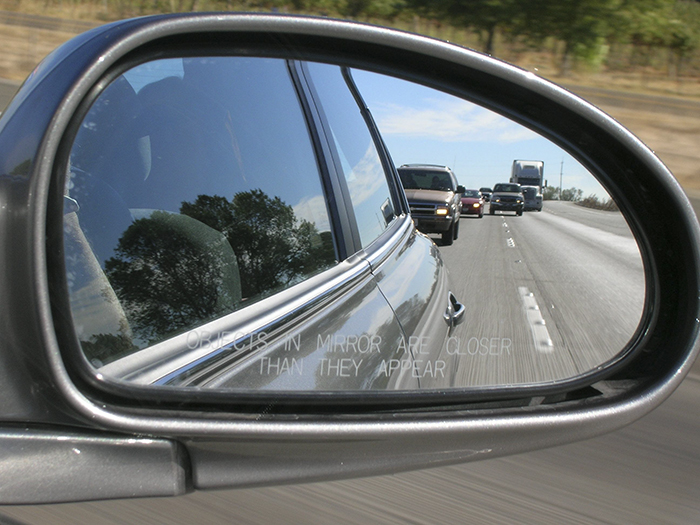
If you think someone is following you, turn right four times in a row. You're probably in danger if the follower doesn't go away.
It's common knowledge that you should seek safety at a police station rather than returning home.
Seek Shelter If Your Hair Starts Floating

During a lightning storm, if your hair rises, seek shelter urgently to avoid being struck. If shelter isn't nearby within 15 seconds, squat with feet together, grabbing ankles to create a direct path for lightning. This may reduce potential damage from a strike.
Pay Attention To Your Gut
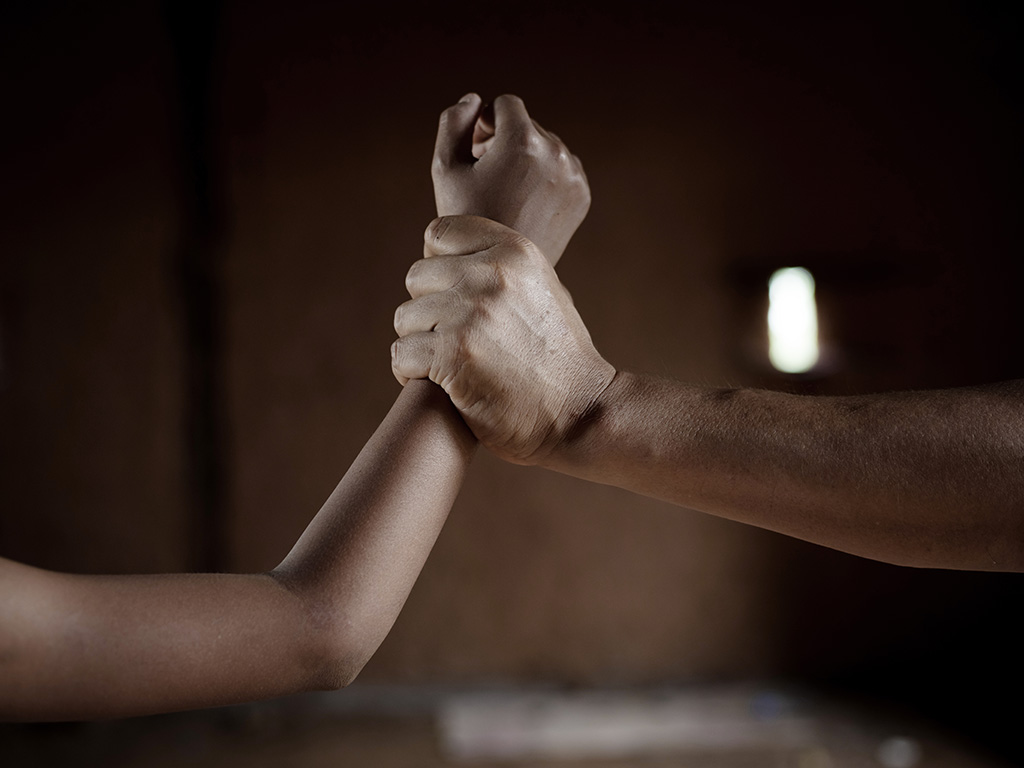
Trust your instincts; if you feel unsafe, you probably are. Beware sketchy behavior; intuition is rarely wrong. Signs of potential danger include: Forced Teaming, Charm, Excessive details, Typecasting, Loan Sharking, Unsolicited Promises, and Disregarding "No." Gavin de Becker's "The Gift of Fear" provides valuable insights into personal safety.
Opening a Can Without a Can Opener
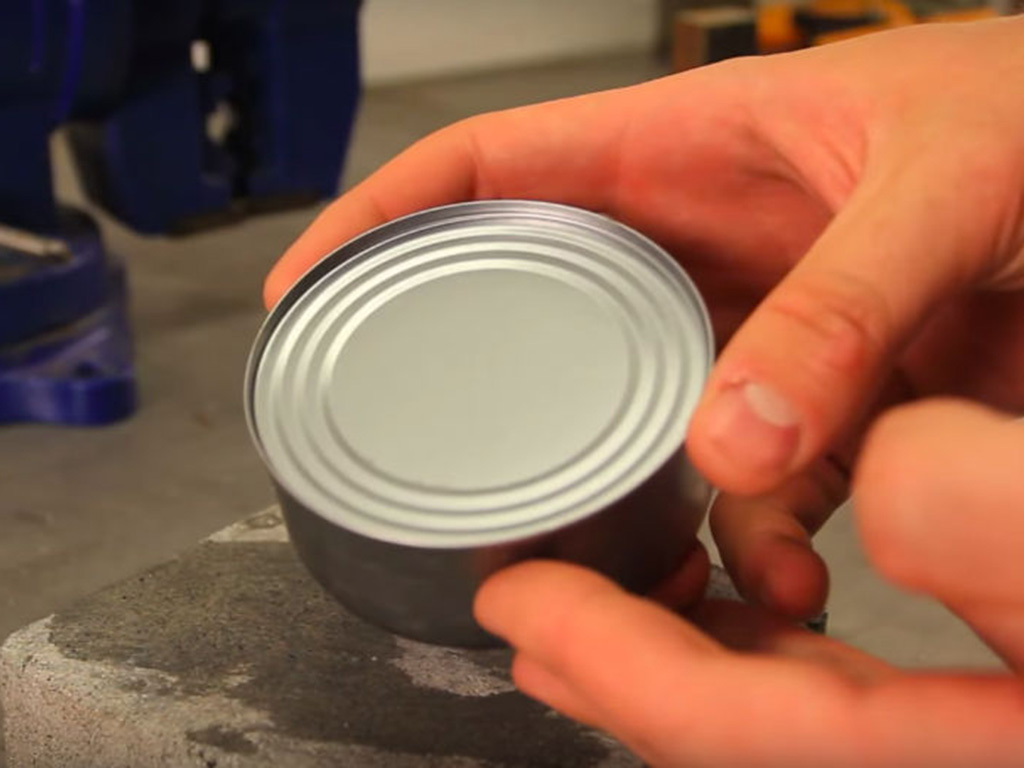
How to do it? You’ll need a rough but flat surface like concrete or a sidewalk. Turn the can upside down and rub it across the surface quickly. Then turn it around and press the can from both sides. If you did it correctly, the lid will pop right off. If not, try rubbing it again. You never know when you need this trick to save your (or your cat’s) life.
Buy A Plunger And A Fire Extinguisher
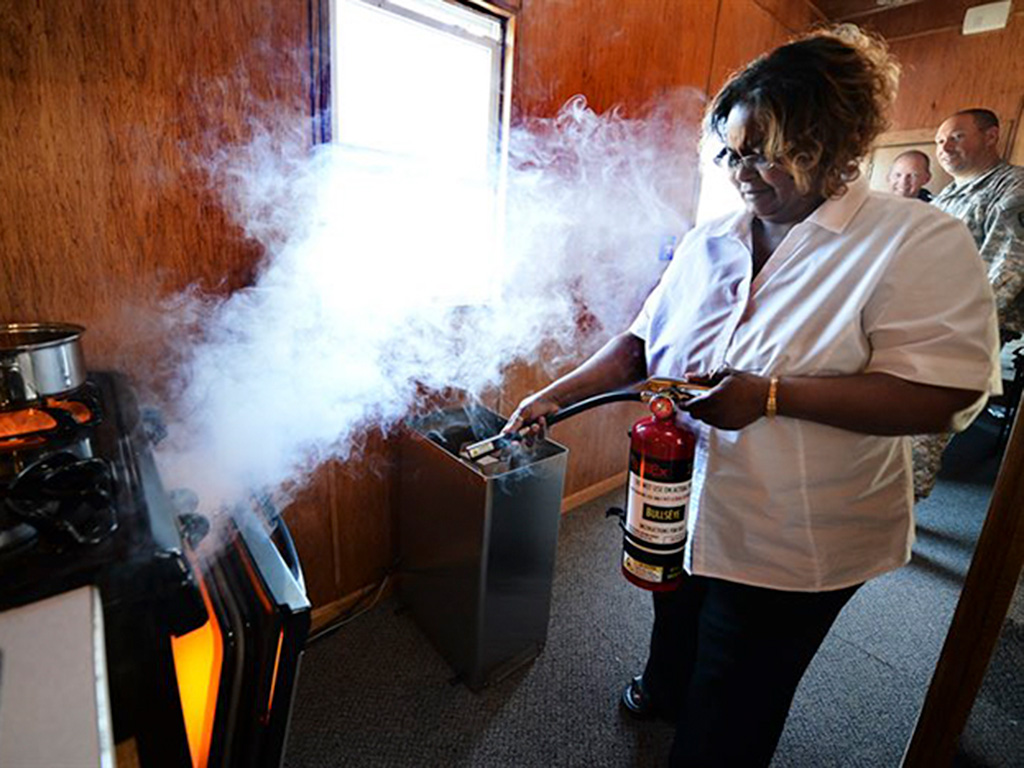
Procure a plunger and fire extinguisher beforehand; don't wait for an emergency to arise. Preparation is key to handling unforeseen situations effectively.
Investing in these essentials ensures readiness for common household mishaps, promoting safety and peace of mind.
If You're Being Tied Up

When bound, inflate your body to create wiggle room. Tighten muscles, take deep breaths, and stretch limbs to expand space. Enhance flexibility and mobility for easier escape from restraints.
This technique maximizes maneuverability and can aid in freeing yourself from ties.
Notify Your Department Of State If You Are Going Overseas

In the US and some Western nations, registering with the Department of State's Smart Traveler Program before going overseas is advisable. It ensures assistance during crises like natural disasters or political unrest, enabling timely evacuation.
Stay updated on country conditions to avoid unexpected trouble while traveling, minimizing risk and ensuring safer journeys.
How To Properly Administer CPR
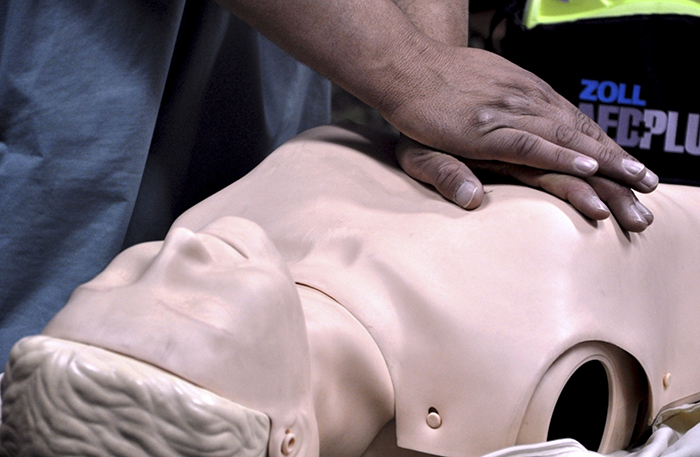
For those administering CPR, syncing compressions with the beat of songs like "Another One Bites the Dust" or "Staying Alive" can aid in maintaining proper timing. This mnemonic technique helps ensure effective chest compressions during emergencies, potentially saving lives while providing a memorable rhythm for responders to follow.
How To Save Yourself And Others From Drowning
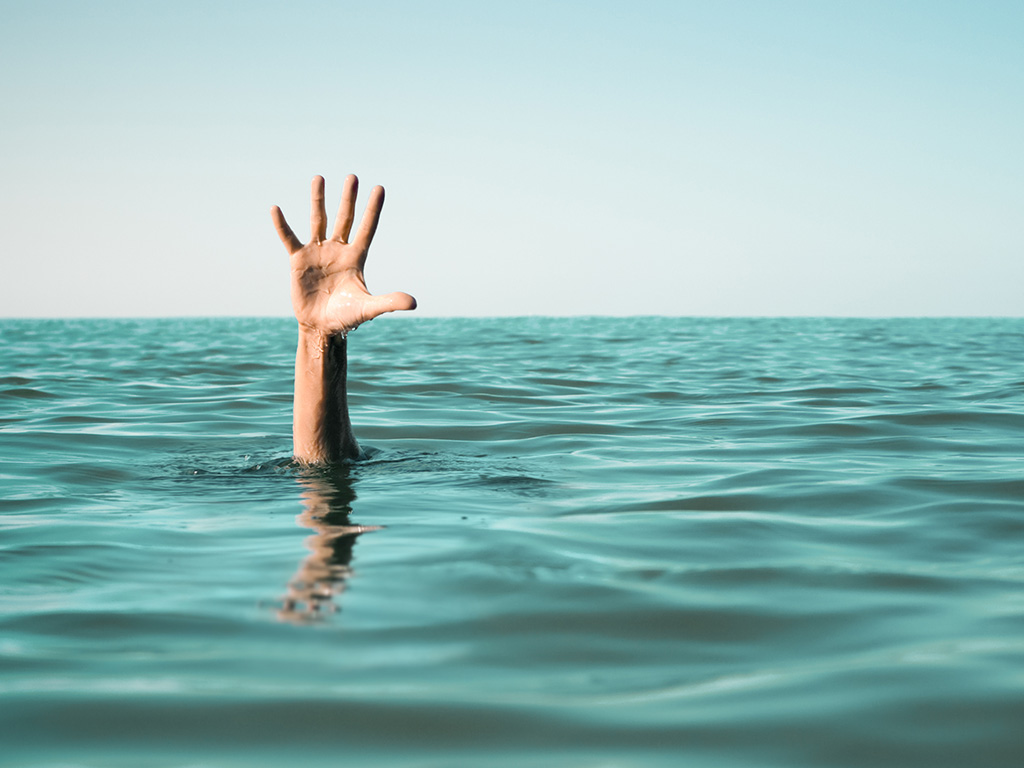
In water emergencies, remain calm; floating is key, not swimming. If aiding someone, avoid reckless panic; bring a flotation device to bridge the gap. If direct contact is needed, approach from behind, securing the victim's chest to yours.
If grabbed, descend to deter the panicked from holding on. Remember, rescue entails serious risk to your own life.
The Rule Of Three - Getting Lost In The Desert

In deserts or remote areas, carry a small mirror to signal aircraft for rescue. If stranded with a vehicle, stay; it's more visible and provides shelter.
Signal rescue by waving both arms or using sets of three signals, like gunshots or flashes, ensuring clarity and spacing.
How To Know If Someone Is Drowning
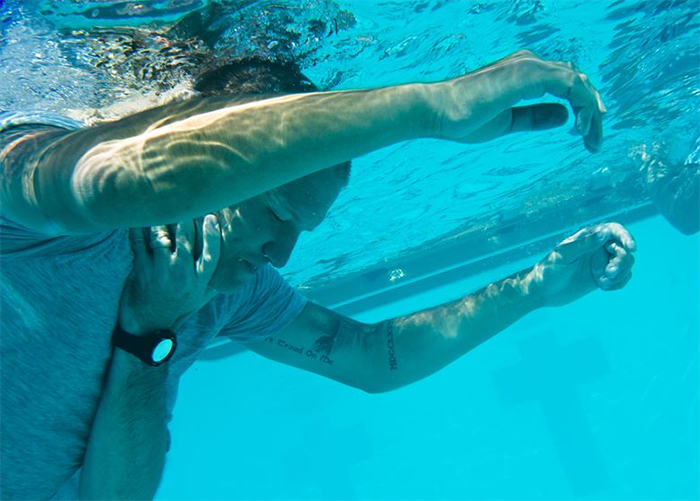
Real drowning doesn't resemble TV portrayals. Drowning victims seldom yell or flail; they may bob or sink silently, gasping before submerging.
When monitoring swimmers, don't rely on movie depictions; stay vigilant for subtle signs of distress to prevent tragedies.
How To Remove A Sharp Object From A Deep Wound

Avoid pulling out stuff like knives or glass from deep cuts; they might be slowing the bleeding from an artery. Just press around the object to stop the bleeding until help arrives.
It's safer and prevents further harm to the artery.
How To Remove A Sharp Object From A Deep Wound

In bear encounters, if it's white, you're in fright; brown, lay down tight; black, prepare to fight. Many hikers are unaware of the bear presence, risking danger in bear habitat.
It's important to stay informed and take appropriate precautions to ensure safety in wilderness areas.
If You See Someone Choking And Coughing - Do Not Intervene

If someone's choking but still coughing or talking, refrain from intervening. Coughing indicates partial airway obstruction, allowing air exchange.
Intervention like the Heimlich maneuver or backblows may exacerbate or dislodge the blockage, risking full obstruction. Only administer backblows if they're not breathing or coughing, ensuring to reassess between each attempt.
What To Do If You See A Service Dog Without Their Owner
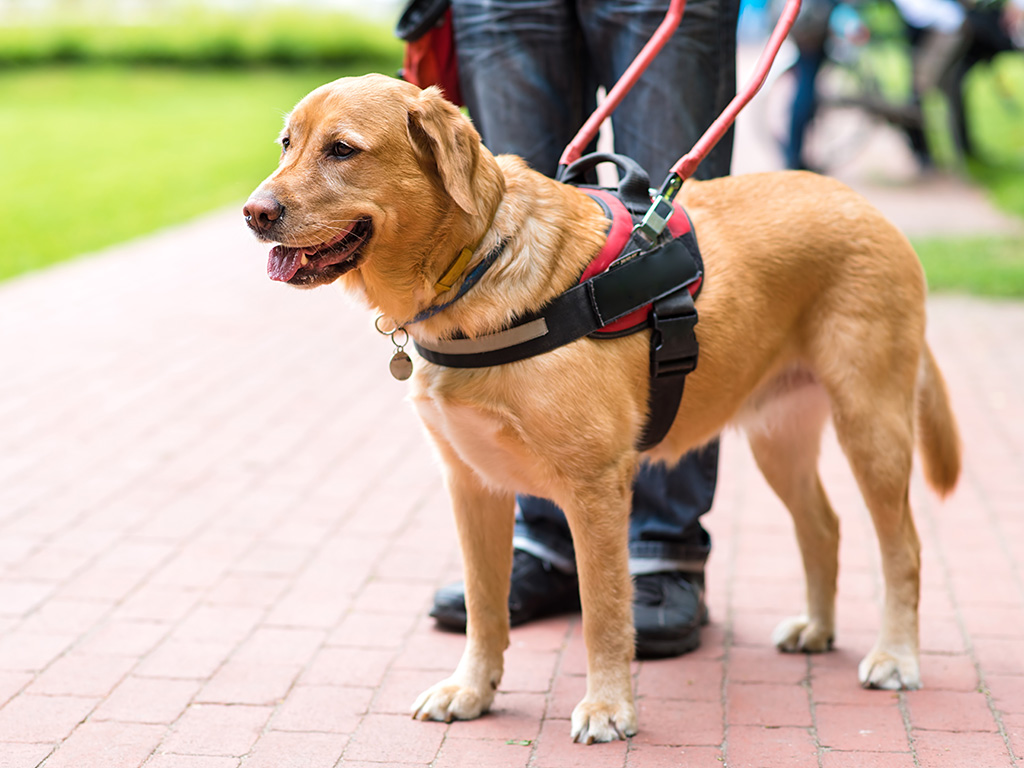
If a service dog seeks your attention, it might signal an emergency. Once during a delivery, a dog halted me, leading to its owner in need of aid.
Though the dog alerted me, the person was unconscious. I dialed 911, aiding in the nick of time. Lesson: heed service dogs—they're lifesavers.
What To Do After A Nuclear Explosion

Nuclear warfare is a real threat. In an explosion, don't seek the flash's source. Drop, cover eyes and ears, and brace for the shockwave.
Find shelter afterward to avoid fallout. Stay underground for 48 hours. Then, leave the city. Safety's key.
How To Call For Help In A Public Area

If injured in public, avoid addressing the crowd. The bystander effect kicks in, causing individuals to assume others will intervene. Instead, target one person directly for help.
This increases the likelihood of receiving timely assistance, potentially making a critical difference in your situation.
If You're Lost - Stop Freaking Out
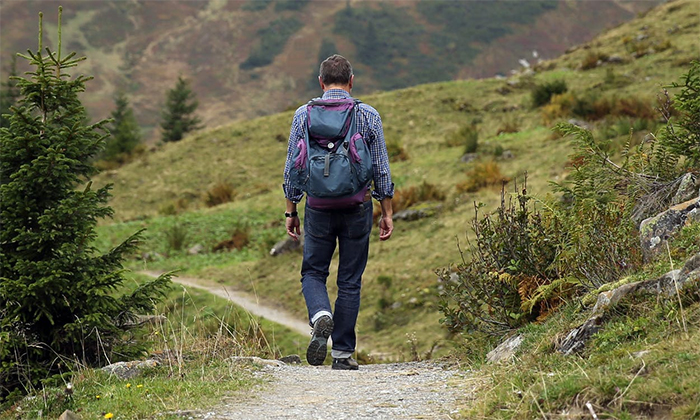
If lost, halt immediately. Sit, calm down, and think. Panic can worsen the situation, hindering rescue efforts. Remember the "rule of three": starvation in three weeks, thirst in three days, cold in three hours, lack of oxygen in three minutes, and panic in three seconds.
What To Do If You Get Caught In A Rip Current
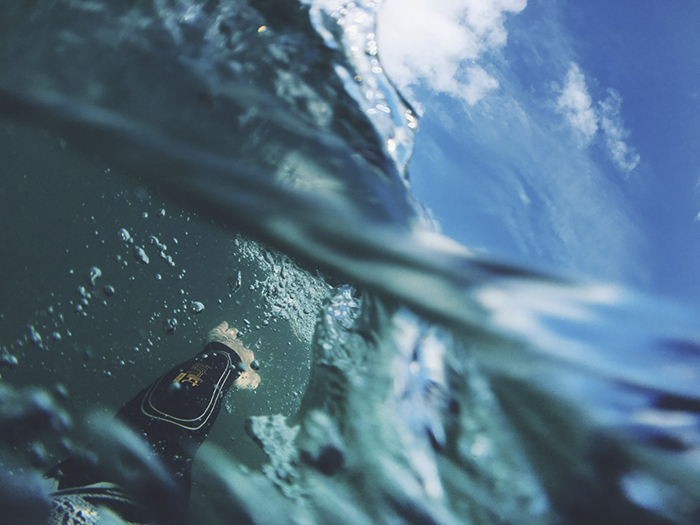
When caught in a rip current, swim horizontally or parallel to the shore with your fastest comfortable speed. Don't panic about moving away from shore; you'll eventually escape the current.
Avoid swimming against it, which leads to exhaustion and potential drowning. Focus on escaping the current's pull first.
How To Keep Safe While Hiking
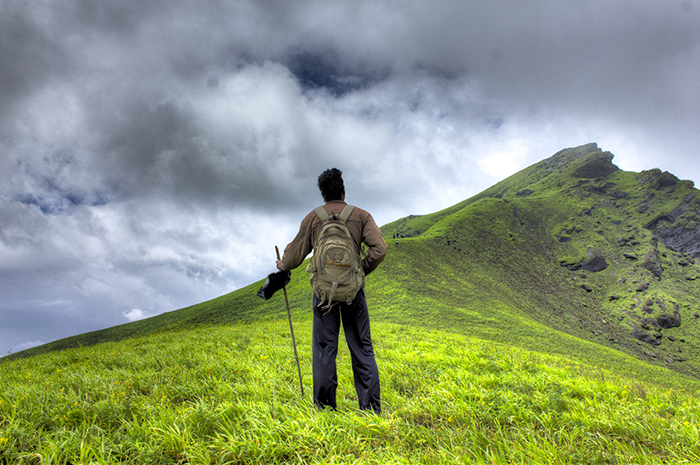
During hikes, periodically check behind you; a feeling of being watched often indicates actual observation by predators. Carry a mirror to avoid compromising surprise.
If you suspect something, make noise immediately. Don't turn back if you spot anything; retreat slowly, maintaining vigilance. This proactive approach enhances safety during outdoor excursions.
How To Pull Away If Someone Grabs Your Wrists
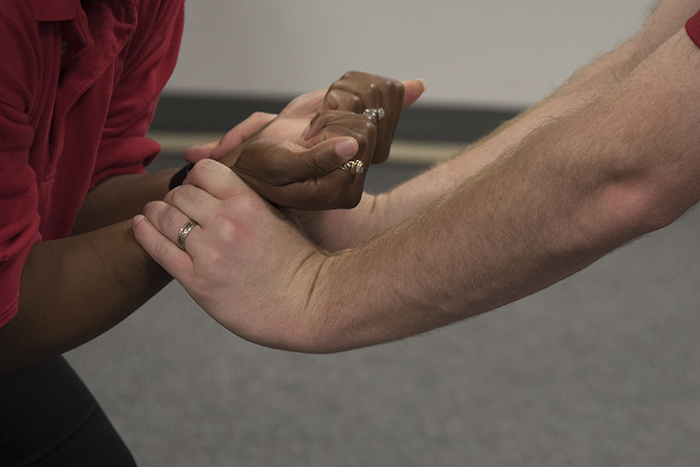
When grabbed by the wrists, swiftly pull away at the point of the assailant's thumbs, as they are the weakest part of the grip. This action can help break free from the hold more effectively and increase the chances of escaping from an attacker's grasp.
How To Break A Car Window
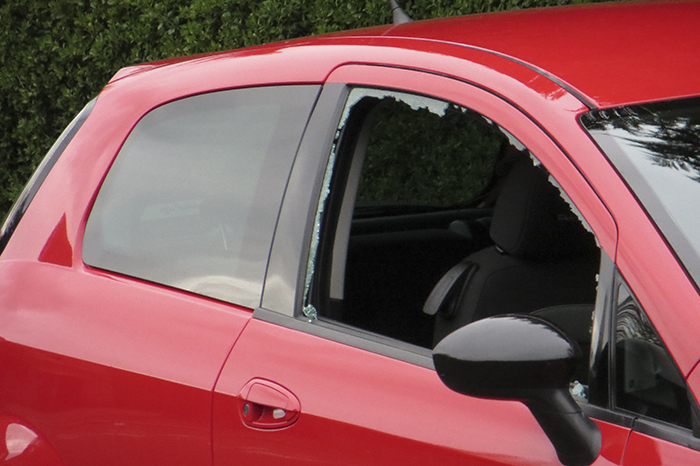
In emergencies such as a sinking car, detach the headrests as they're designed to aid in breaking windows. Use the metal ends to shatter the glass and escape.
This practical tip could prove crucial in life-threatening situations, providing a quick means of breaking free from a submerged vehicle.
A Way To Identify If Someone Is Having A Stroke

F.A.S.T. is a mnemonic to recognize stroke symptoms:
Facial drooping: One side of the face droops, causing a crooked smile.
Arm weakness: Difficulty raising one arm fully.
Speech difficulties: Trouble understanding or producing speech.
Time: If symptoms are present, act quickly; call emergency services or go to the hospital for immediate treatment.
What To Do If You're Stuck In A Stampede

In a stampede, if knocked down, your chances decrease significantly. Assume a protective posture with feet tucked and hands covering your head. Position face in the direction of crowd movement to avoid kicks. Get back on your feet as soon as possible to improve survival chances amid chaotic situations.
How To Start A Fire With Chips

Struggling with damp tinder? High-calorie foods like chips can ignite a fire. Light a few chips to kickstart flames without depleting your food reserves.
This clever trick boosts fire-starting efforts without sacrificing essential supplies, offering a practical solution for wilderness survival situations.
Wear A Belt If You're Working Near Something Sharp
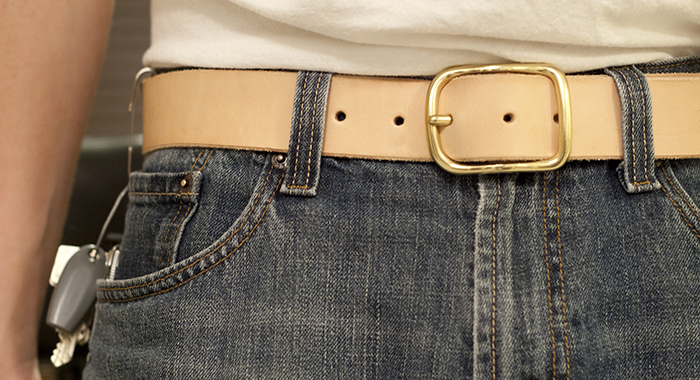
In environments with sharp materials like metal scraps or construction sites, wear a belt for safety. Even if not for holding pants, a belt can serve as a makeshift tourniquet in emergencies, potentially saving a life. Prioritize safety by utilizing practical accessories in hazardous work settings.
How To Respond If Someone's Having A Seizure
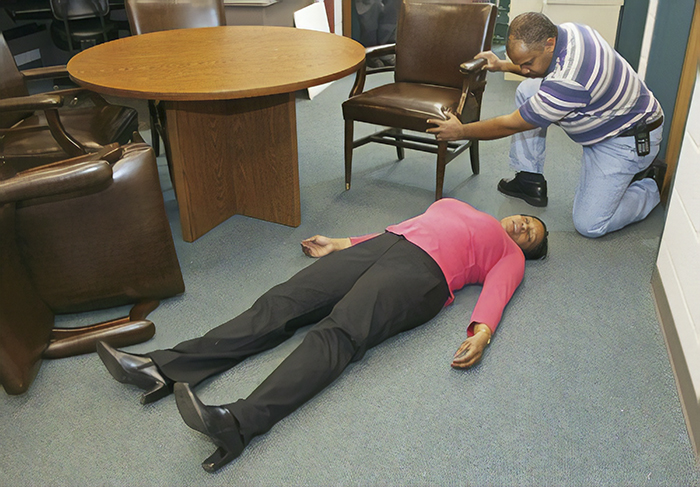
During a seizure, refrain from moving or waking the person, or inserting objects into their mouth. Time the episode, clear the area, and call emergency services if it's their first or unfamiliar.
Post-seizure, offer reassurance, provide context, and seek guidance from those with epilepsy. Visit Epilepsy Action for more information.
Don't Run If You See A Lion

In lion territory, never run if encountered. If they approach growling, it's a warning, not an attack. Walk away slowly, eye contact, or stand your ground.
Use intelligence as your weapon; shout and clap hands to deter them. These actions can prevent aggression and ensure safer encounters in the wild.
Staying Safe While Turning Across Oncoming Traffic
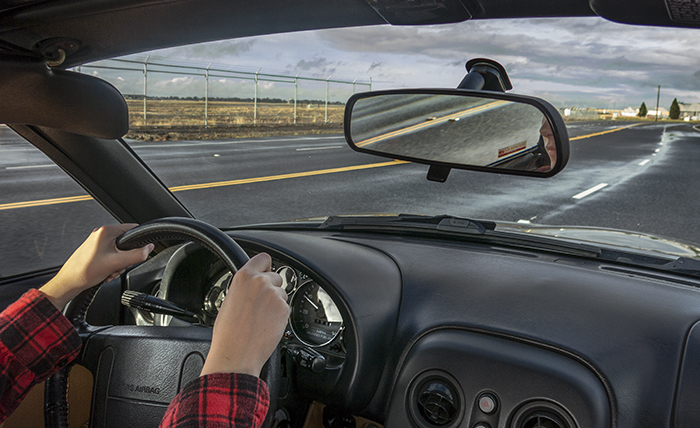
When turning across oncoming traffic, keep wheels straight until making the turn. If hit from behind with wheels turned, you risk being pushed into oncoming traffic.
Maintaining straight wheels minimizes this danger, enhancing safety during turns and reducing the risk of serious accidents.
Help Others Find You By Using A Burnt Stick Or A Charcoal

When lost, use burnt sticks from a fire to leave trail markings for search parties. Draw messages on trees, logs, or rocks using the burnt end as a makeshift sharpie.
These markings endure for weeks, aiding rescuers without causing permanent damage, ensuring a temporary yet effective trail.
Use A Bra To Help Yourself In The Event Of A Natural Disaster

During a natural disaster with airborne dust, a bra can serve as a makeshift dust mask for women. Cut it in half between the cups, poke a hole in each cup's side, thread the straps through, and tie tightly over the face. Repeat for the other cup to aid others.
Use Aspirin If You Witness Someone Having A Heart Attack

In a heart attack emergency, aspirin is vital. Call 911 and ask if the victim can take it. If approved, have them chew it for rapid absorption.
Aspirin can begin working in as little as 5 minutes, potentially saving a life by preventing blood clots during a heart attack.
Use Anything Reflective To Signal For Help

When signaling for help, utilize reflective items like CDs, car mirrors, or polished metal to attract attention. Reflect light towards potential rescuers, sweeping the signal up and down, and side to side.
Persist in signaling, as distant objects are harder to hit. Don't give up; continuous efforts increase visibility and aid rescue efforts.
How To Dress When It's Cold Outside
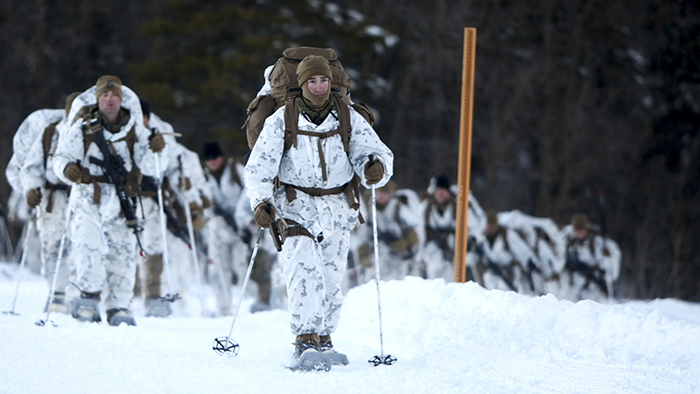
In cold weather, dress in layers to retain heat and stay dry. Protect your extremities—feet, hands, and face. When traveling long distances, move on top of snow and inform others of your plans.
Check ice thickness: 4" for walking, 6" for snowmobiles, 8" for small cars, 12" for medium trucks. Beware of frostbite and hypothermia symptoms.
Car Breaks Down In A Remote Area? Burn A Tire
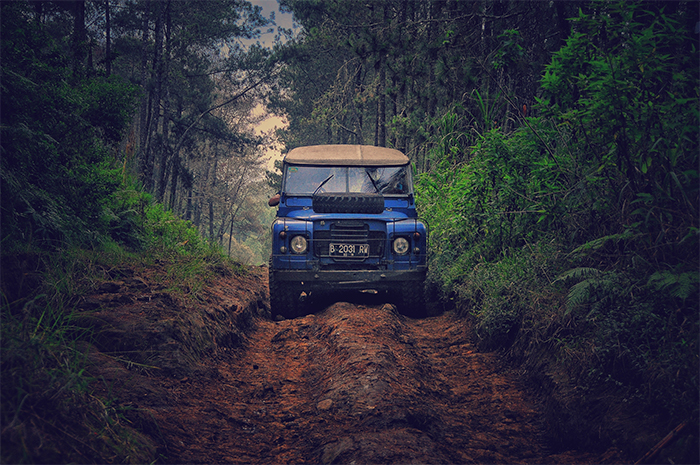
If stranded in a remote area due to car breakdown, remain with the vehicle. To attract attention, burn a tire during daylight, producing thick, black smoke visible from a distance.
This signal increases the likelihood of someone noticing and providing assistance in the isolated location.
Always Carry A Basic First Aid Or Emergency Kit In Your Car
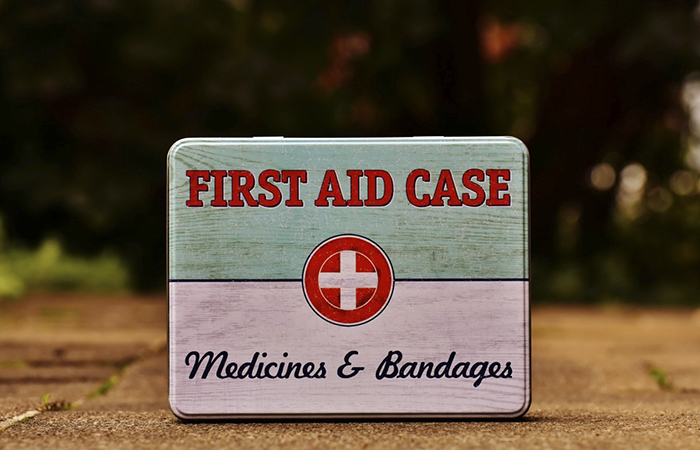
Carrying a basic first aid or emergency kit is essential for preparedness. It's not just for doomsday scenarios; it can save lives during storms or snow emergencies.
A well-stocked kit with water, food, mylar blankets, and more can sustain you until rescue arrives. Plus, it's handy for everyday situations.
Using Liquor As A Sanitizer

In emergencies, liquor can serve as a sanitizer. Rubbing vodka or any strong spirit on skin wards off mosquitoes and pests.
It disinfects wounds, alleviates discomfort from jellyfish stings or poison ivy, and promotes oral health. This versatile solution provides temporary relief and hygiene benefits in challenging situations.
How To Make A Compass
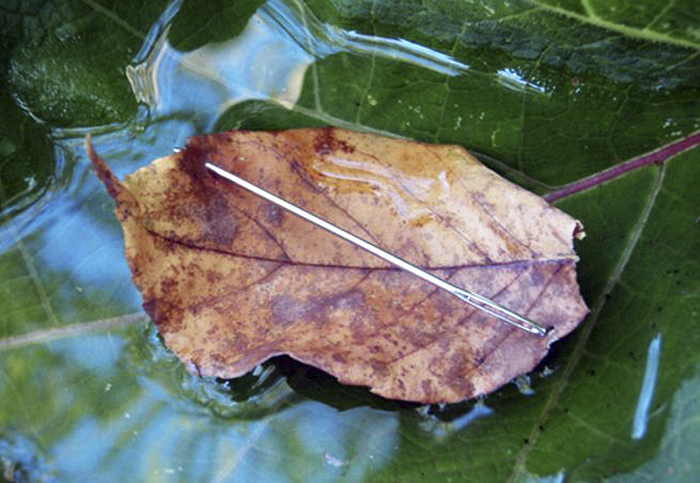
When lost, create a makeshift compass using a magnetized metal object like a needle. Magnetize by rubbing the needle's eye against hair, fur, or silk.
Place it on a floating leaf, shielded from wind. If done right, it'll point North-South. Avoid nearby metal to prevent deviation. This DIY compass aids orientation in survival situations.
Call Your Embassy If You Need Any Help Abroad

Save the emergency contact number of your nearest embassy/consulate on your phone when abroad. Available 24/7, they provide assistance for various issues like legal matters, medical emergencies, crime victims, lost passports, etc.
Embassies offer invaluable support, often more effectively than family or friends back home, enhancing safety and security abroad.
Give A Diabetic Person Some Sugar If They Are Dizzy

If a known diabetic person faints or feels dizzy, provide immediate sugary treatment. In cases of hyperglycemia, the risk of worsening sugar levels is outweighed by the potential harm of inaction.
For hypoglycemic episodes, even a small sugar intake can be life-saving, offering vital assistance during emergencies.

